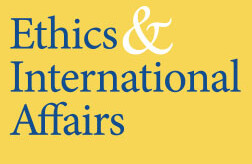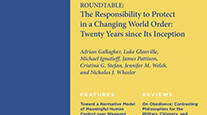The "resource curse" can strike countries that derive a large portion of their national income from exporting high-value natural resources, such as oil, gas, metals, and gems. Resource-exporting countries are subject to four overlapping curses: they are more prone to authoritarianism, they tend to suffer more corruption, they are at a higher risk for civil wars, and they exhibit greater economic instability.
The correlations between resources and such pathologies as authoritarianism, corruption, civil conflict, and economic dysfunction are evident in the list of the five major African oil exporters: Algeria, Angola, Libya, Nigeria, and Sudan. The recent histories of mineral exporters support the correlations: for example, "blood diamonds" fueled Sierra Leone's decade-long civil war, and the continuing conflict in the metal-rich eastern Congo has caused up to 6 million deaths. The phenomenon is not solely African: Burma, Yemen, and Turkmenistan, for example, are also resource cursed. Moreover, poor governance in resource-cursed countries can engender follow-on pathologies, such as a propensity to cause environmental damage both domestically (for example, through the destruction of forests) and globally (through increased greenhouse gas emissions).
Most research on the resource curse has focused on the institutions of exporting countries. This essay focuses instead on importing countries, especially those in North America and Europe. I survey how the resource curse impedes core interests of importing states. I then discuss how the policies of importing states drive the resource curse, and how these policies violate their existing international commitments. The second half of the paper describes a policy framework for importing states that can improve international trade in resources for both importers and exporters.
To read or purchase the full text of this article, click here.



